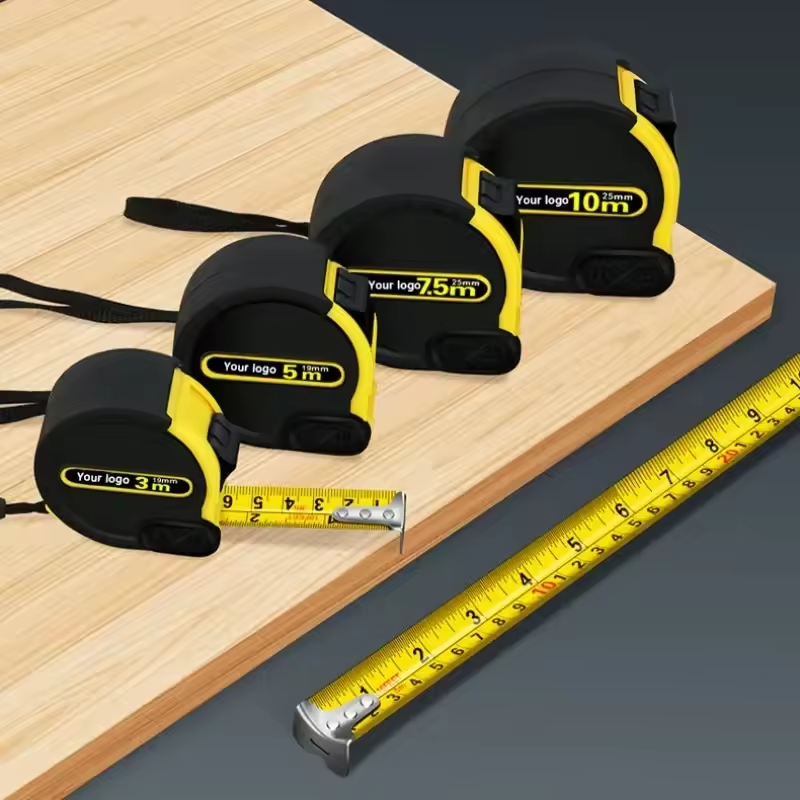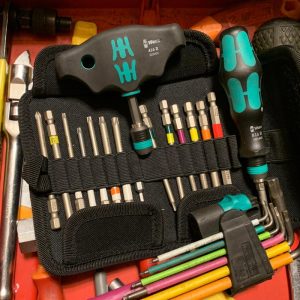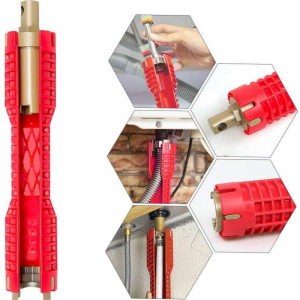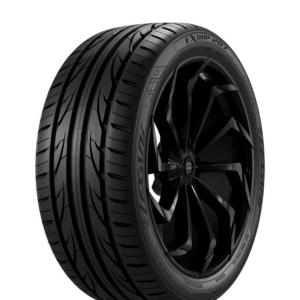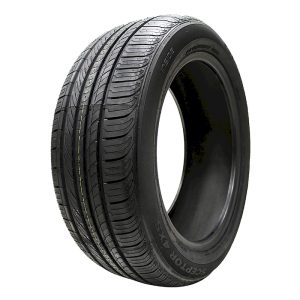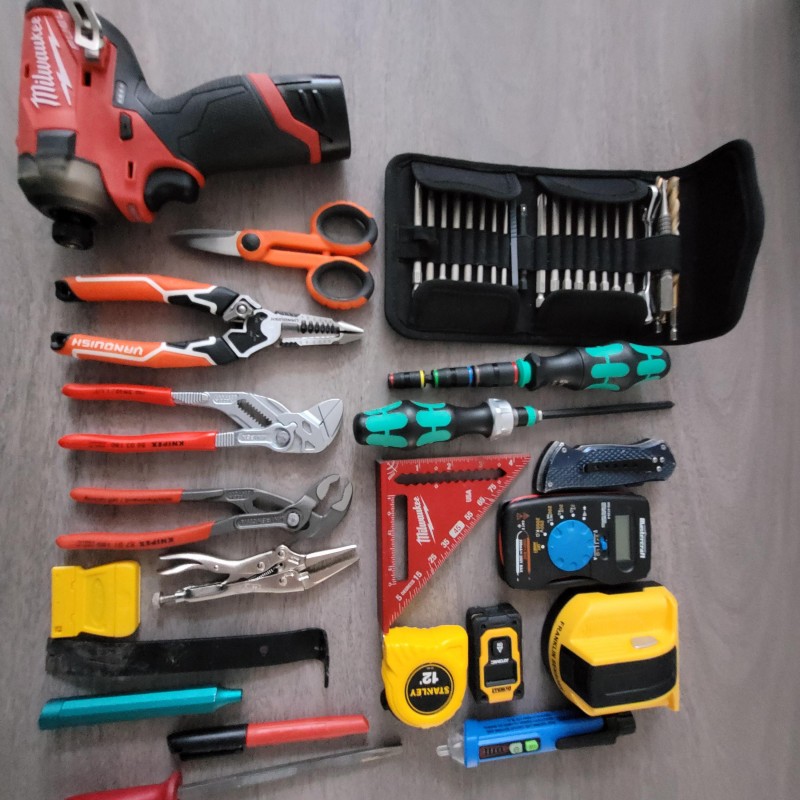
Every DIYer knows that having the right tools can make or break a project. Essential hand tools for every DIYer not only facilitate the process of creation and repair but also empower individuals to tackle various tasks with confidence. Whether you’re a beginner venturing into home improvement or an experienced craftsman refining your skills, the right tools provide the foundation for successful projects. A well-equipped toolbox offers versatility, allowing you to handle everything from simple repairs to complex renovations. This comprehensive guide will delve into the essential hand tools that should be in every DIYer’s collection, exploring their uses, tips, and maintenance to ensure longevity. By the end, you will be ready to assemble your toolkit and approach your next project with enthusiasm and skill.
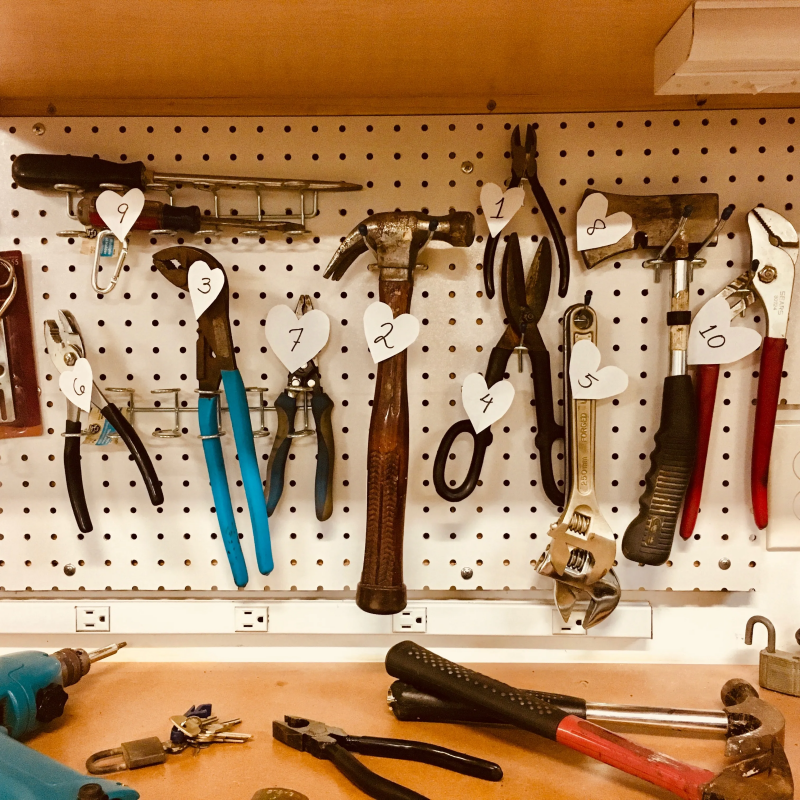
Understanding the Importance of Hand Tools
Hand tools play a crucial role in the DIY community, serving as the backbone of various tasks. Recognizing their importance helps you appreciate the value they bring to your projects.
The Role of Hand Tools in DIY Projects
- Versatility: Hand tools can adapt to multiple tasks, from woodworking and metalworking to home repairs. This flexibility allows DIYers to handle a wide range of projects without dependency on powered tools.
- Precision: Manual tools enable greater control and precision in your work. This is particularly important in intricate tasks like detailed cuts or fine adjustments, where power tools may prove cumbersome.
- Accessibility: Hand tools are more affordable and accessible than many power tools, making them ideal for beginners starting their DIY journeys.
Benefits of Using Hand Tools
Using hand tools comes with several benefits:
- Cost-Effective: Investing in essential hand tools often provides better value than frequent trips to repair shops or hiring professionals.
- Space-Saving: Hand tools generally require less storage space than larger power tools. This makes them ideal for DIYers with limited workshop areas.
- Skill Development: Using hand tools allows you to develop craftsmanship and skills that advance with experience. The tactile feedback from manual work enhances learning.
Choosing the Right Hand Tools
When starting your DIY collection, selecting the right hand tools is critical. Aim for tools that match your interests, skill level, and project needs. This ensures you build a functional toolkit over time that will grow with your skills.
Essential Hand Tools for Every DIYer
Let’s explore the indispensable hand tools that should have a spot in every DIYer’s toolkit. From the simplest of devices to more complex instruments, having these essentials will prepare you for a variety of tasks.
The Hammer
A hammer is one of the most fundamental tools in any DIYer’s arsenal:
- Types: While a common claw hammer serves general purposes, consider adding a rubber mallet for delicate tasks that require gentler application.
- Uses: Hammers assist in driving nails, removing nails, and shaping materials. They are crucial for framing walls, hanging pictures, and myriad construction tasks.
The Screwdriver Set
A quality screwdriver set is vital for tackling various fastening tasks:
- Types: A full set should include Phillips, flathead, and possibly specialty drivers like Torx or hex head. Opt for various lengths and sizes to suit different fasteners.
- Uses: Screwdrivers are indispensable for assembling furniture, tightening hinges, and repairing appliances. They ensure a secure fit without risking damage to the surfaces.

Adjustable Wrenches
Adjustable wrenches are versatile tools that can accommodate various nut and bolt sizes:
- Design: They feature a movable jaw that allows the tool to grip multiple sizes of fasteners.
- Uses: Ideal for plumbing tasks, automotive repairs, and adjusting fixtures, adjustable wrenches help eliminate the need for multiple specific-size wrenches in your toolkit.
Pliers
Pliers are incredibly versatile and come in a wide array of types:
- Types: Essential types include needle-nose pliers for tight spaces, slip-joint pliers for gripping, and wire-cutting pliers for tackling electric work.
- Uses: Pliers assist in gripping, twisting, bending, and cutting wire or other materials. They are critical in both electrical and crafting projects.
Handsaw
A handsaw is an essential tool for cutting wood and other materials:
- Types: Different handsaws are available, including crosscut saws for cutting against the grain and rip saws for cutting along the grain.
- Uses: Handsaws are ideal for making straight cuts in wood, which is crucial for furniture assembly, framing walls, and other carpentry tasks.
Utility Knife
A utility knife is a must-have for various cutting tasks:
- Adjustability: Look for retractable blades that allow you to extend or retract the blade easily for safety and convenience.
- Uses: Utility knives are great for box opening, trimming tasks, and precise cuts on materials like drywall, wallpaper, and cardboard.
Specialized Hand Tools for Your Toolbox
As you gain more experience in DIY projects, consider expanding your toolkit to include specialized hand tools that address specific needs.
Tape Measure
A reliable tape measure is fundamental for accurate measurements:
- Types: There are retractable steel and cloth tape measures. Steel tapes offer durability for heavy work, while cloth tapes can conform to curves.
- Uses: Essential for measuring lengths and widths when framing, tiling, or hanging items. Adequate measuring prevents costly mistakes.
Level
A level is crucial for ensuring your projects are perfectly aligned:
- Types: Spirit levels and laser levels are common types. Spirit levels rely on bubble indicators, while laser levels project a beam to indicate level distance.
- Uses: Levels are used to hang pictures, install cabinets, and ensure floors and surfaces are flat and even, enhancing the quality of your work.
Chisels
Chisels are perfect for woodworking projects requiring precision cuts and detailed work:
- Types: Wood chisels come in different width sizes. Choose a set that includes a basic range for versatility.
- Uses: Chisels are typically used for shaping wood, carving, removing unwanted material, or creating joints.
Clamps
Clamps provide an essential service in holding materials together:
- Types: C-clamps, bar clamps, and spring clamps are popular options. Each type serves distinct purposes based on your project needs.
- Uses: Clamps are invaluable for gluing projects, securing wood while cutting, and stabilizing workpieces. They prevent slippage and enhance safety.
Organizing Your Hand Tools
Having the right essential hand tools for every DIYer is just the beginning. Organizing these tools effectively ensures that your workspace remains functional and efficient.
Tool Storage Solutions
Invest in effective storage solutions to keep your hand tools organized. Here are some options:
- Toolboxes: A good toolbox with compartmentalized sections can help you keep small tools and accessories organized.
- Pegboards: Mounting a pegboard in your workshop or garage allows you to hang tools in sight and easily accessible, maximizing space.
- Drawer Organizers: For tool drawers, utilize dividers to categorize tools. This keeps your workspace tidy and efficient, saving you time when searching for specific tools.
Regular Maintenance
Maintaining your tools is essential for ensuring they last:
- Cleaning Tools: Regularly clean your tools after use to remove dust and grime. Keeping them in good condition will prolong their lifespan.
- Inspect for Damage: Periodically inspect your tools for any signs of wear, rust, or damage. Address issues early to avoid further complications or injury.
Safety Considerations for DIY Projects
When using essential hand tools for every DIYer, safety must be a priority:
Proper Usage Techniques
- Read Instructions: Familiarize yourself with the manufacturer’s instructions for each tool before using it, especially for specialized devices.
- Wear Protective Gear: Always wear safety glasses, gloves, and appropriate clothing to protect against debris and injuries.
Workspace Safety
Your workspace should be organized and free from hazards:
- Clear Working Area: Keep your work area clean and free from clutter to prevent accidents.
- Use Tools Correctly: Avoid misusing tools—use them for their intended purposes and maintain the right posture and grip to minimize injury risk.
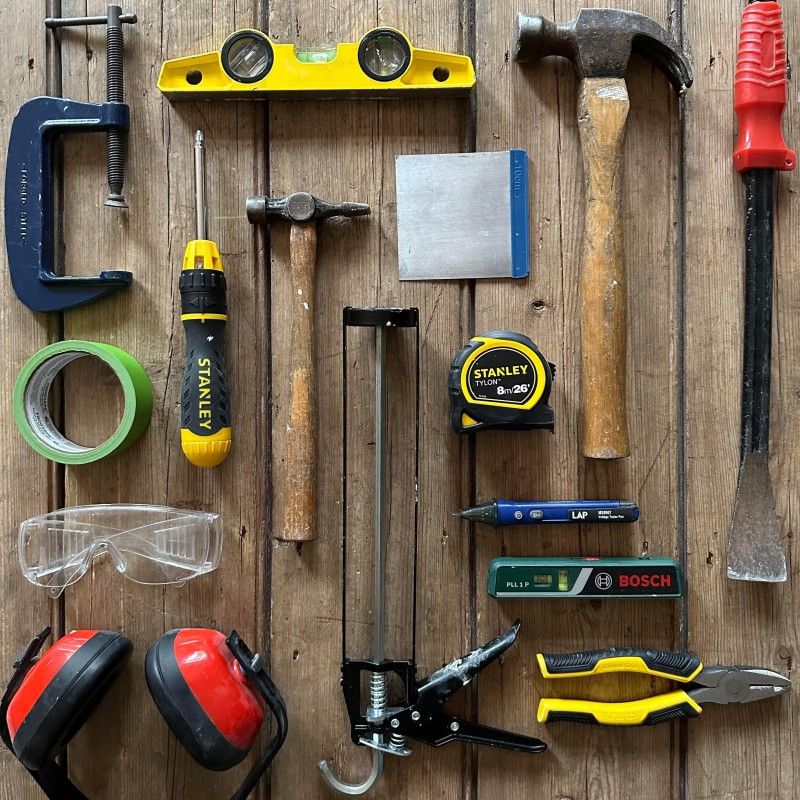
Conclusion
Understanding essential hand tools for every DIYer is vital for anyone interested in home improvement, repair, or construction projects. The right tools not only enhance your ability to complete various tasks but also build confidence as you tackle new challenges.
From basic implements like hammers and screwdrivers to specialized tools like levels and clamps, each tool serves a distinct purpose and contributes to your workshop’s overall functionality. Additionally, knowledge of organization, care, and safety imbues your DIY experiences with both efficiency and enjoyment.
As you continue your DIY journey, remember that building your toolkit is not merely about collecting tools; it’s about investing in your skill set and creativity. With the proper essential hand tools at your disposal, you will feel empowered to transform your ideas into reality, making your home a haven of personal expression.
